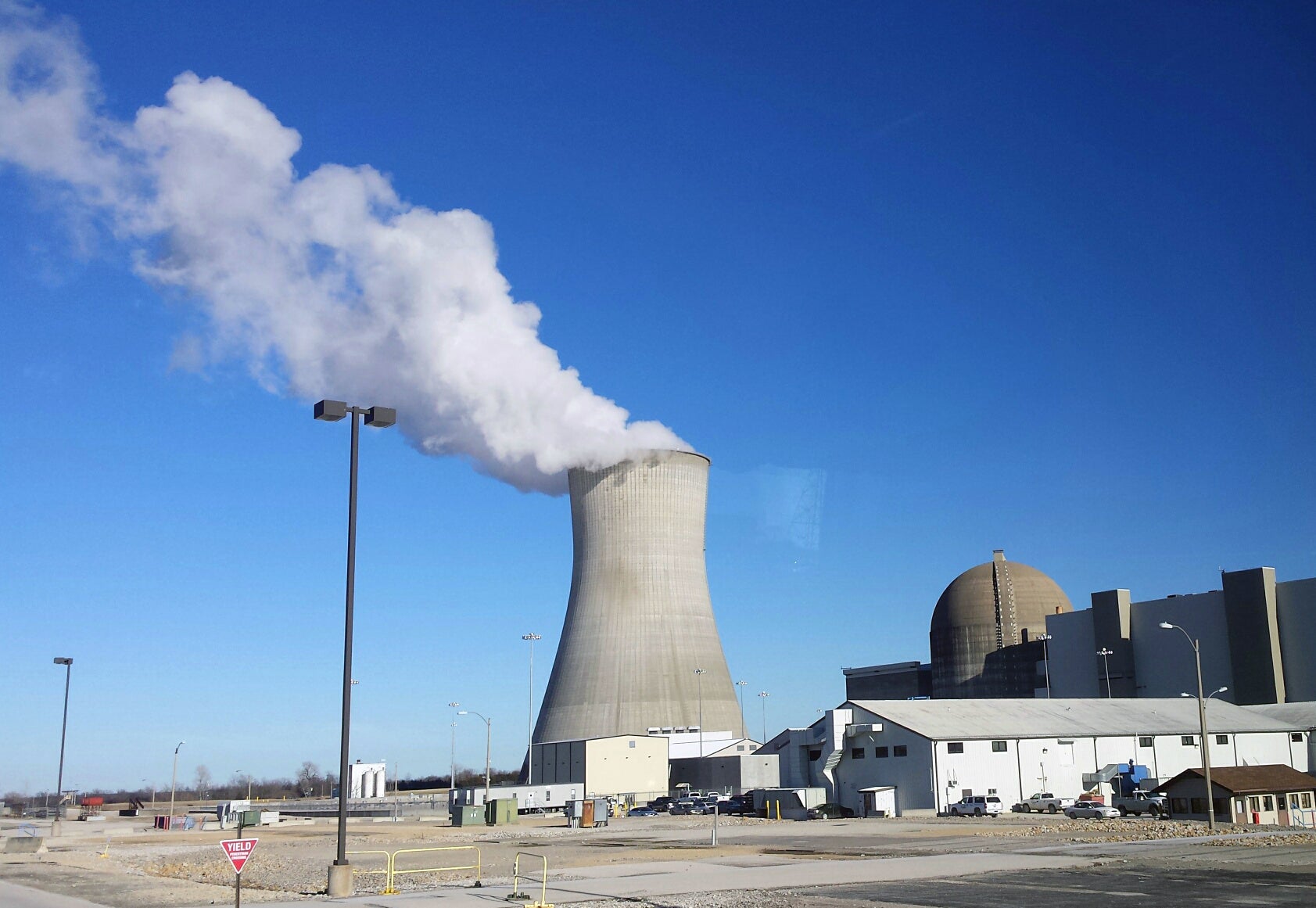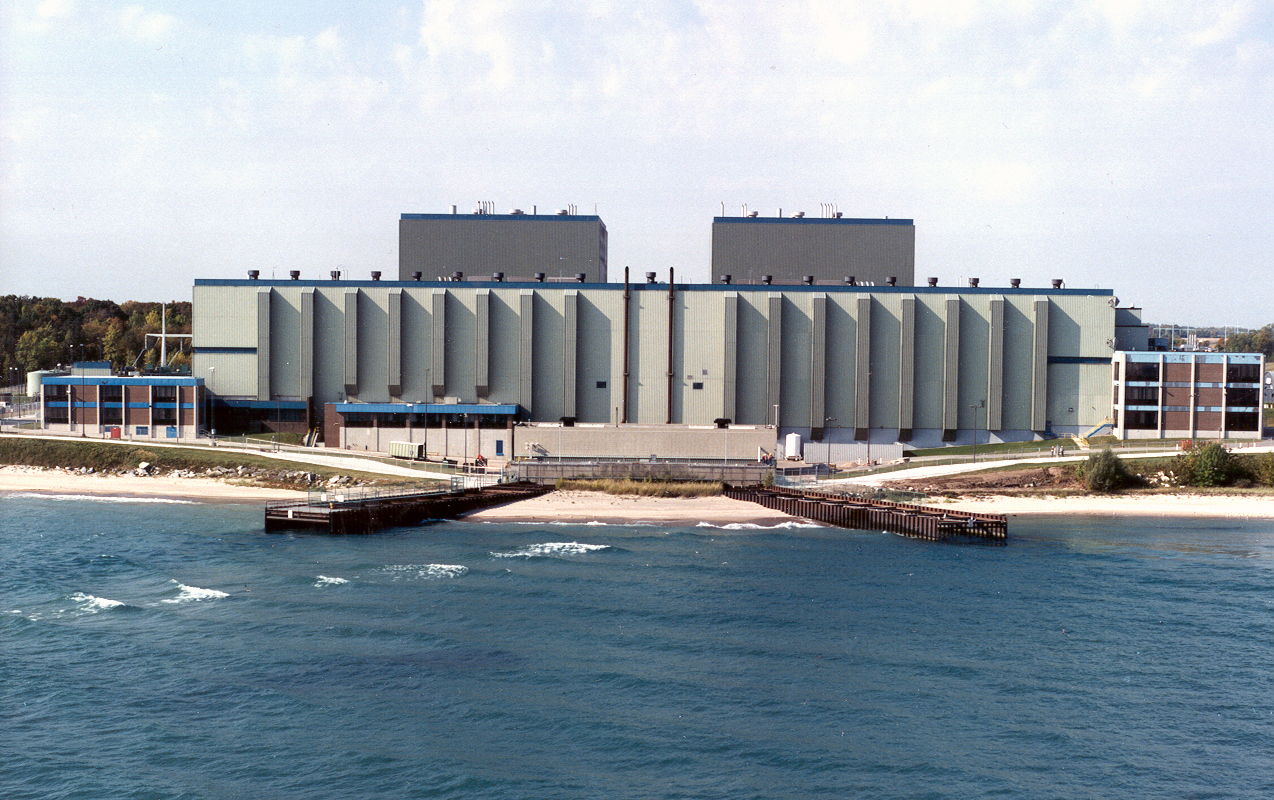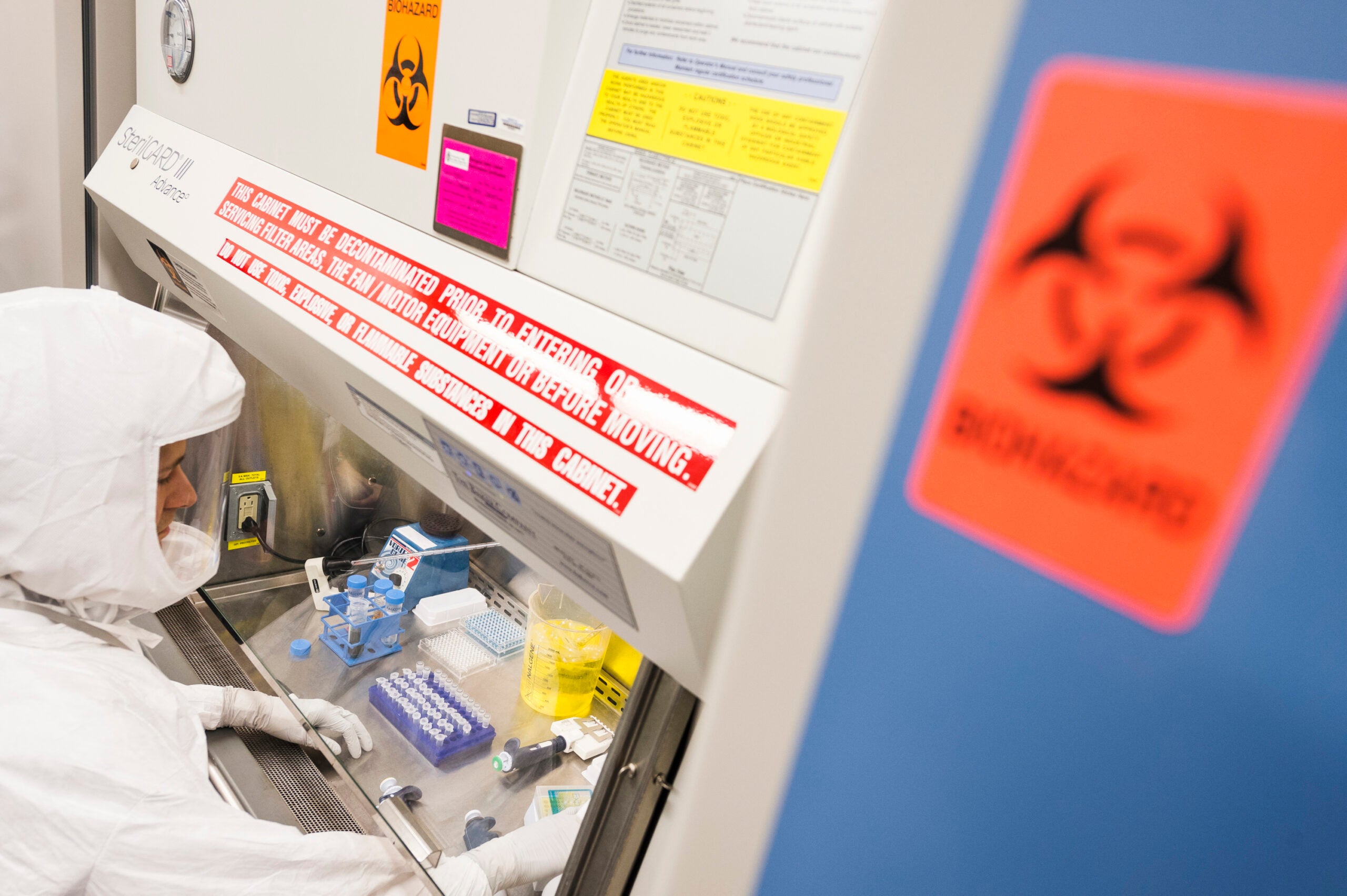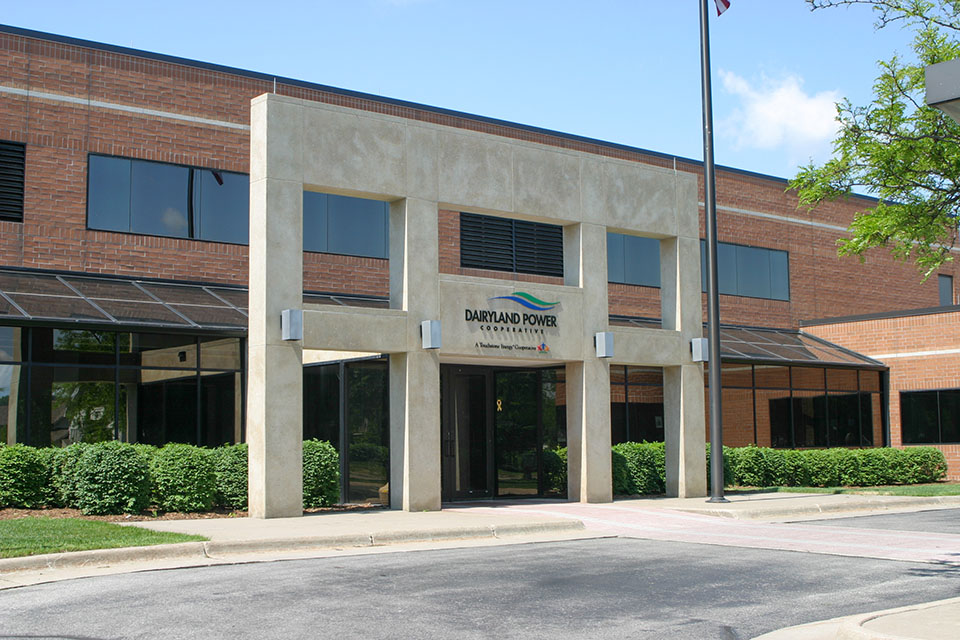Final legislative action will likely come Tuesday on a bill ending Wisconsin’s moratorium on new nuclear power plants. The issue is drawing national attention, even though it would likely be years before any new plant would be seen here — if ever.
Nuclear power plants near Kewaunee, Kenosha and La Crosse have shut down over the last three decades. Several other U.S. commercial nuclear plants have also closed up shop, or are about to do so. But many of the roughly 100 plants that are still generating power appear to be humming along.
At the Callaway Nuclear Generating Station near Fulton, Missouri, turbines more than 150 feet long and weighing more than 750 tons spin, helping generate electricity for hundreds of thousands of people. Callaway Vice President Tim Hermann says that he loves the sound: “It’s a nice sound. It’s the sound of good run. We’re supplying the product to the customer and that’s really what our business is.”
Stay informed on the latest news
Sign up for WPR’s email newsletter.
It’s a business in an industry that’s been trying to get Wisconsin and about 10 other states to drop bans on additional nuclear power plants. Wisconsin has been blocking new operations for about 30 years under statutory language that bars the creation of new plants until there’s a federal storage facility for the highly radioactive waste that nuclear plants generate, and unless the new plant wouldn’t burden state ratepayers.
The measure that now looks as though it could be headed for passage in Madison would end the moratorium. That has John Kiely of the Nuclear Energy Institute excited.
“I think that’s a wise policy to pursue,” he said. It doesn’t obligate you to build, but you say, ‘We have that option.’”
One consideration for the energy industry would be the kind of nuclear plants that could be built in Wisconsin.
Industry critics say five large plants being constructed or planned for the southeastern U.S. are very expensive and have large amounts of federal taxpayer help. Another option could be what’s called small modular reactors. They’re more mobile generators that may be grouped together at a location.
But Kevin Kamps of the organization Beyond Nuclear questioned the wisdom of using SMRs.
“What’s ironic about this science-fiction push for small modular reactors in Wisconsin is Wisconsin had small modular reactor, or a small reactor anyway at Genoa — Dairyland — in LaCrosse.” Kamps said. “It shut down after not many years of operations. You still got the waste, you still got the contamination.”

Spent fuel waste is stored underground at Callaway facility. Chuck Quirmbach/WPR
Kamps also contends dropping the moratorium in Wisconsin would re-open a door closed many years ago: that the northern part of the state could host a large regional nuclear waste dump. Currently waste is stored inside or just outside nuclear plants.
David Lochbaum of the Union of Concerned Scientists said lessening the pressure for the federal government to develop a secure national repository could make local waste storage at a shutdown site like Kewaunee or the former Zion plant south of Kenosha more vulnerable.
“My concern is that someday, some bad guy, some terrorist, will decide to cause mayhem and dry storage at a plant that’s decommissioned could be an attractive target,” Lochbaum said.
Nuclear industry groups says dry cask storage is secure.
Even if the bill dropping Wisconsin’s moratorium passes, the Nuclear Energy Institute predicts that even small modular reactors won’t be operating for at least seven more years, should the Nuclear Regulatory Commission approve them.
Wisconsin State Sen. Robert Cowles, whose energy committee last week forwarded the moratorium bill to the full Senate, said he trusts the NRC to handle safety reviews, and the state Public Service Commission to handle financial analyses of new nuclear plants.
The Citizens Utility Board of Wisconsin says the better course is to keep the moratorium, arguing it offers ratepayers common-sense protections.
Wisconsin Public Radio, © Copyright 2025, Board of Regents of the University of Wisconsin System and Wisconsin Educational Communications Board.




